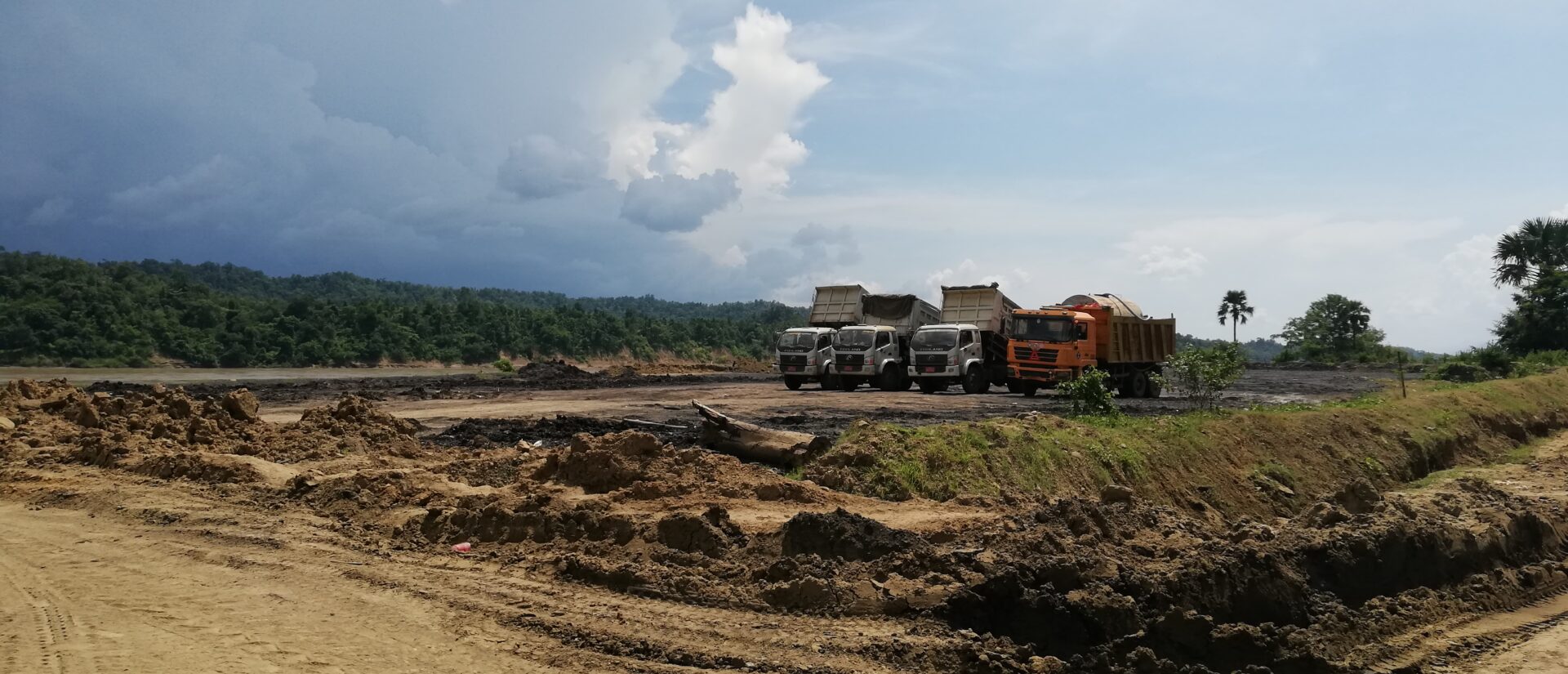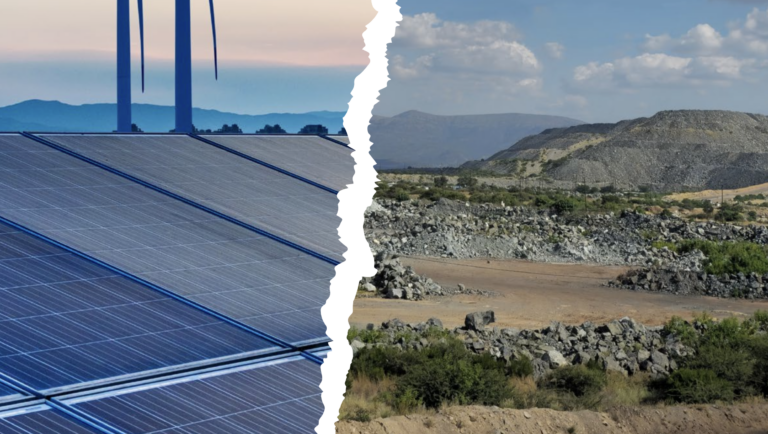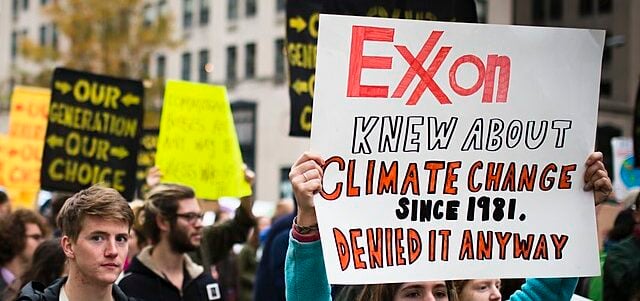
Is the International Finance Corporation investing in a fossil free future?
A report launched this week calls on the International Finance Corporation (IFC), the private sector arm of the World Bank, to do more to fight the threat of climate change. The report “Coming out of the dark: Is the IFC investing in a fossil free future?” shows that IFC has taken some steps to reduce its support for coal projects – but also exposes loopholes through which the IFC still supports coal projects, shortcomings in the IFC’s disclosures on coal, and missed opportunities for the IFC to reduce its support of fossil fuels generally.
With a mandate to encourage private-sector development in developing countries, the IFC is a major investor and lender – with a portfolio worth $57 billion – and also a standard-setter for other financial institutions. In the last decade, the IFC’s “hands-off” approach to lending through third-party financial intermediaries (FIs) – such as commercial banks or private equity funds – embroiled the IFC in several scandals, linking the IFC to environmental destruction and human rights abuses, many of which related to coal projects, from Honduras to the Philippines.
Facing a public outcry and disastrous media coverage, in 2017 the IFC made serious commitments to change the way it does business. The IFC committed to track its exposure to coal and reduce its investments in high risk FI clients. One month ago, the IFC made new commitments, to encourage FI equity clients to reduce or exit coal projects, and improve FI clients’ transparency in disclosing coal and other high-risk exposure.
IFC’s positive steps
This new report by Bank Information Center Europe (BIC Europe) and SOMO confirms that the IFC is genuinely changing its lending approach. The IFC is increasingly targeting investments towards end uses less likely to be linked to coal, such as small- and medium-sized enterprises or women’s economic empowerment. In a small number of FI investments, the IFC has explicitly excluded coal and other projects that cause significant harm to indigenous people and biodiversity.
Still too many problems
But the report also finds that several problems remain. The IFC has not eliminated all general (as opposed to targeted) lending and investment, and some of its efforts to target loans are “leaky,” allowing cracks through which funding can end up supporting coal projects. The report highlights the serious human and environmental costs that result from two IFC FI investments, in a coal plant in India and a cement plant and open cast coal mine in Myanmar. Critically, the IFC is not taking the lead in addressing climate change more broadly, by excluding funding for oil, gas, and other fossil fuel investments by FI clients. That is particularly important given the distressing recent report (opens in new window) by the Intergovernmental Panel on Climate Changeon the catastrophic impacts of a 1.5 degree increase in global temperature, civil society(opens in new window) has been clear that the IFC must do more to clean up its act and set an example for others.
Kate Geary, Co-Director of BIC Europe, says: “While the IFC’s new commitments represent a positive step, it is not nearly enough to address the problem. IFC must send a signal that there is no future in fossil fuels.”
How could the IFC turn its tentative and promising steps into a radical transformation?
The IFC has taken positive steps, but it must do more. The IFC should ensure that harms caused by existing coal projects supported via FI clients are remedied and that local communities receive adequate redress. In particular, the communities affected by the IFC-linked investment in Myanmar ask that the IFC, as part of its monitoring duties, visit them to hear their concerns.
“The IFC’s change of heart on coal has come too late for the communities affected by the GMR Kamalanga coal plant, who continue to suffer to this day. As part of its reforms, the IFC should put right past damages and ensure FI clients provide redress to affected communities,” said Joe Athialy, Director of Centre for Financial Accountability, India.
IFC should also:
- Ensure that none of its investments results in an increase in coal use;
- Include exclusions for coal and upstream oil and gas financing in all its FI investments; and
- Not invest in clients with more than 5% portfolio exposure to coal.
Kris Genovese, senior researcher at SOMO, says: “Other development banks, like FMO, need to step up and be more transparent about the end uses of the their FI investments and ensure that their clients transition from financing fossil fuels.”
Read all the recommendations on page 22 of the report.
Partners
-
BIC Europe
Related news
-
 The Counter: strengthening the fight for climate justice around the worldPosted in category:Long read
The Counter: strengthening the fight for climate justice around the worldPosted in category:Long read Luis ScungioPublished on:
Luis ScungioPublished on: -
The hidden harm of green hydrogen Published on:
 Ilona HartliefPosted in category:Publication
Ilona HartliefPosted in category:Publication Ilona Hartlief
Ilona Hartlief
-
 ExxonMobil sues the Netherlands over gas field closurePosted in category:News
ExxonMobil sues the Netherlands over gas field closurePosted in category:News Bart-Jaap VerbeekPublished on:
Bart-Jaap VerbeekPublished on:

